A Month in Siena 10/16/2023
Volcanoes, Palm Trees, and Privilege
by Liz Prato
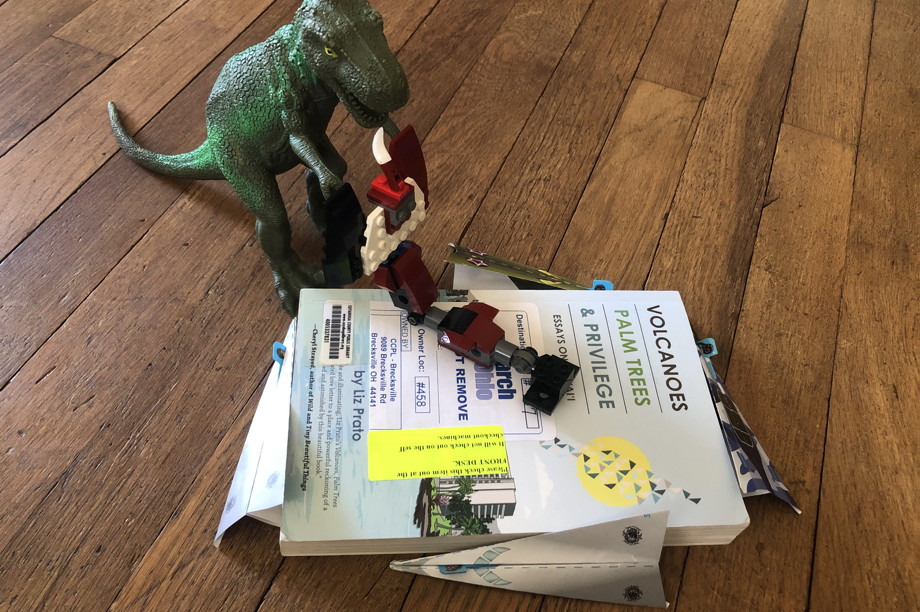
Review: Volcanoes, Palm Trees, and Privilege (2019), by Liz Prato. Arrangement by Francis Tann, March 2022.
Reading time: 4 minutes
Return to Blog Home
March 22nd, 2022 at 11:41am
Please consider disabling your ad blocker, it disrupts site functions in addition to blocking ads. Thank you!
I'm sure they felt good to write.
Nothing is easier than setting up contemptible demons and then cutting them off at the knees. Deserving candidates are everywhere, and when the hammer drives a postmodern Stake of Truth through the subject's chest, the release of endorphins can be quite stimulating.
Background on this series is here.
Liberals in particular love this game. I played it for years—and I just might play a variation of it again, here. The rules go something like this:
- Illustrate an immoral or absurd situation which the subject either caused or contributed to
- Explain how said situation is worse than generally perceived, through research, critical thinking, and the ability to see the world in its complicated and interconnected glory
- Elaborate more than necessary to demonstrate mastery of the subject
- Slip in wry, academically-tinged "humor," and, if possible, past examples of the subject's hypocrisy on this topic to underscore your point
- Summarize via withering dismissal and/or condemnation
Enemy vanquished, problem solved. On paper, at least.
She has grafted herself to a cause that isn't hers.
Liz Prato's Volcanoes, Palm Trees, and Privilege is a collection of essays following the same general script. The author takes on arrogant Christian missionaries, the expansionist American government of the 1890s, soulless corporations, arcane legislation, loutish tourists, and The Brady Bunch.
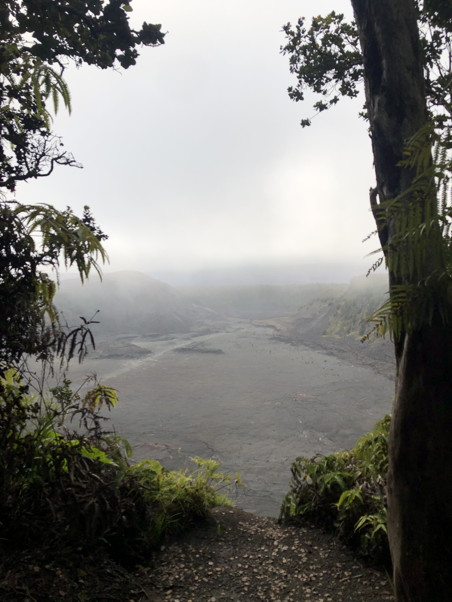
Kilauea Iki Crater in Volcanoes National Park, Island of Hawaii, October, 2021. |
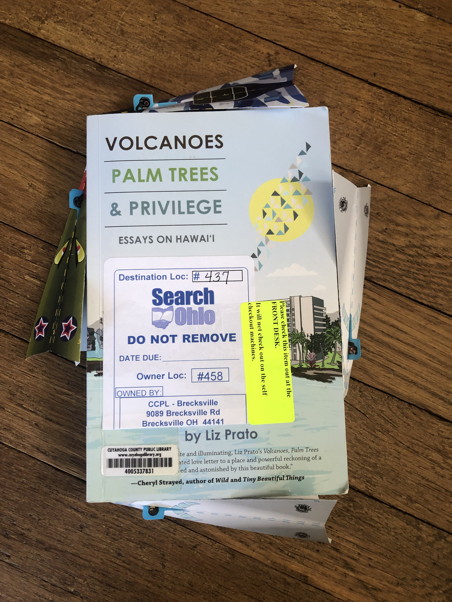
Prato is free to beat up on The Brady Bunch, but I don't want to read it. |
The essays rail justifiably against shitheads who have made a mess out of Hawaii, but Prato thrives unevenly on her indignation, leading to convoluted thinking, muddled, even unidentifiable conclusions, and weightier flaws in the project overall.
The ‘Okina Lesson
The first essay, To ‘Okina or Not to ‘Okina, encapsulates most of the problems I have with Volcanoes, Palm Trees, and Privilege.
After spending the majority of a page copping to naive illusions of linguistic chauvinism in her youth, the author mentions Hawaii's entry plaza to colonization: Captain Cook's first contact with natives in 1778.
She then discusses Christian missionaries' decision to keep or drop certain letters in the process of codifying their orthography, because, prior to Hawaiians' exposure to Westerners, their language was not written. Prato says, in a joke which is neither funny nor on point, that they voted on letters to keep like it was "an episode of The Voice," and so b, d, r, t, and v were dropped. (Like-minded experts vote on seemingly dull, trivial, or odd things all the time, like ISO standards or style guidelines.)
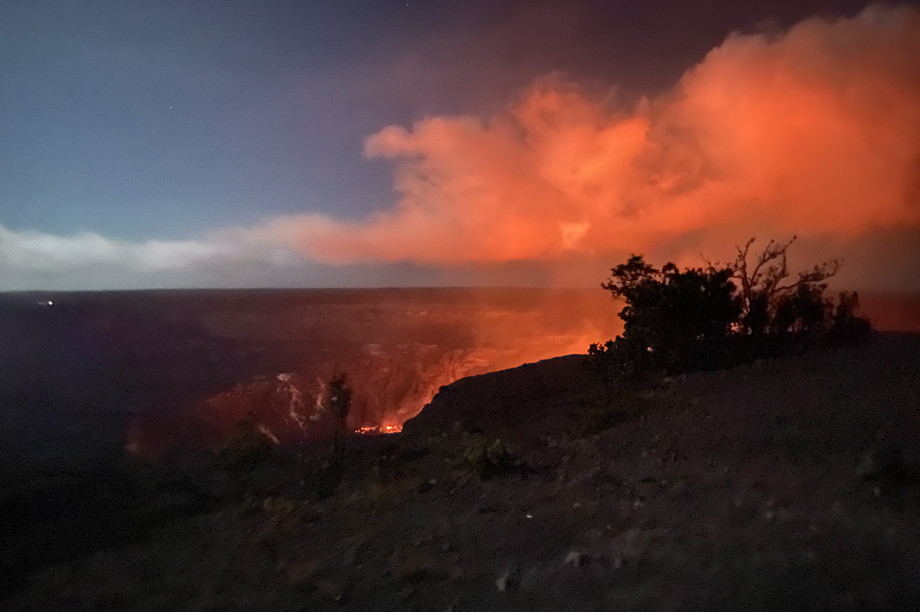
Volcanoes National Park at night. That red reflection is lava. October, 2021. |
It's coming
We're getting to the ‘okina.
"One linguistic move the missionaries made that shows respect for the Hawaiian tongue is inserting the ‘okina into words," Prato says.
The ‘okina looks like a reverse apostrophe: ‘
- It signifies a glottal stop or quick, hard pause
- Its presence can change the meaning of word
These are phenomena that a barely competent linguist would recognize. Creating the ‘okina, therefore, was essential to the process of transcribing spoken Hawaiian. Respect had nothing to do with it. Omitting the ‘okina may be a different story, but establishing it in the first place? Part of the job.
Prato, a white woman from Portland, acknowledges she will always be "a haole mainlander," but this doesn't stop her from writing almost 300 pages.
Piles of absurd
Even though it exists and is appropriate in written Hawaiian, the author says, many writers and organizations don't use the ‘okina because it would be "too confusing." She continues,
This strikes me as so weird. English speakers have somehow managed to incorporate all sorts of foreign marks—accents and umlauts and tildes (the latter, by the way, is technically also a letter, and not just an n with a wavy thing over it)—without our minds being blown and, more importantly, while showing respect for the cultural origins of these words.
Have we? Have English speakers incorporated accents, umlauts, and tildes?
Not at all. Not even close. Many English speakers struggle with capitalization, plurals, and possessives in their own language. Diacritical marks might as well come from Neptune.
We can't be bothered to get the accent right on a simple French word like café, so we drop it or use an apostrophe: cafe' . Street and neighborhood names in Southern California, of all places, often don't use the tilde. Why do umlauts grace Mötley Crüe? How does one properly pronounce the first word in Moët & Chandon? (It's not "mo-ay.") And the average English speaker would not tapdance through die Straße. It would generate a hesitation, if not a full stop.
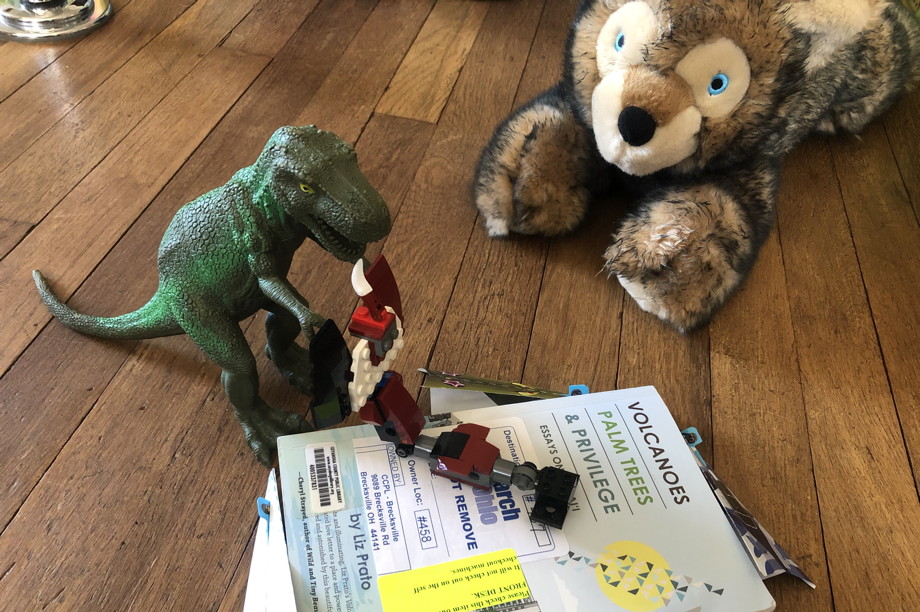
Sadly, this battle is more interesting than most of Volcanoes, Palm Trees, and Privilege. |
To say we "show respect" to other languages' constructions "without our minds being blown" is inane naivete—or, should I say, naïveté.
Soft conclusions
Arguably the most difficult obstacle? Many building blocks of her arguments, as well as the final points of the essays, are anticlimactic, if not outright juvenile.
Can you imagine the hissy fit Americans would throw if another culture decided to eliminate the c, or the k, or the q from our language because they seem redundant and it would just be easier? Then again, the US government has yet to be conquered. That seems to be the key in dictating language: who's in charge.
She still appears to be offended that missionaries removed letters from their own orthography, but that last sentence is almost shocking in its simplicity. Yes, "who's in charge" usually control things, and they've done so for millennia.
Mold not broken
Regrettably, the opening piece forms a template for the rest of the book.
Like To ‘Okina or Not to ‘Okina, the remaining essays ramble. Hundreds of folksy parenthetical comments pepper the book. They quickly stop being cute, and an extended period of reading leaves one feeling beset by whiplash. The primary voice of the book, a dry yet casual persuasive tone, entirely appropriate for essays, clashes with injections of slang and internet speak—it can work, it just doesn't here. And the analysis continues to be regrettable.
Gina Says:
- You did not like this book.
- You talk about it the way I talked about that book I read on the New York subway (title forgotten). The idea had such promise, and then...
- Let's not make fun of The Brady Bunch too much. It was The Brady Bunch.
Prato surmises why people stay at hotels in The Self-Contained Paradise of the Hawaiian Resort: because they want a full Hawaiian experience, as artificial as it may be, and they want everything done for them. She describes landscaping, lobby decor, menus, and walkways (really) in the service of her thesis. The chapter is loaded with uninteresting minutiae, and its conclusion is, "the society that Hawaiian resorts serve are guests with disposable income. Like me."
Every page of Island for Sale!, a sarcastic essay about buying an island ("Are YOU the Next Owner of Lanai?") made me cringe.
In Pass the Tabu: Here's the Real Story of The Brady Bunch, Prato critiques episodes of the dopey TV series where the family travels to the Aloha State, the boys ogle girls and steal an idol, and bad things happen. In other words: dumb haoles do dumb haole shit. She spends twenty-three pages punching down on clueless white culture in the 60s, resulting in another essay which reveals nothing beyond the superficial, in a manner which neither engages nor entertains.
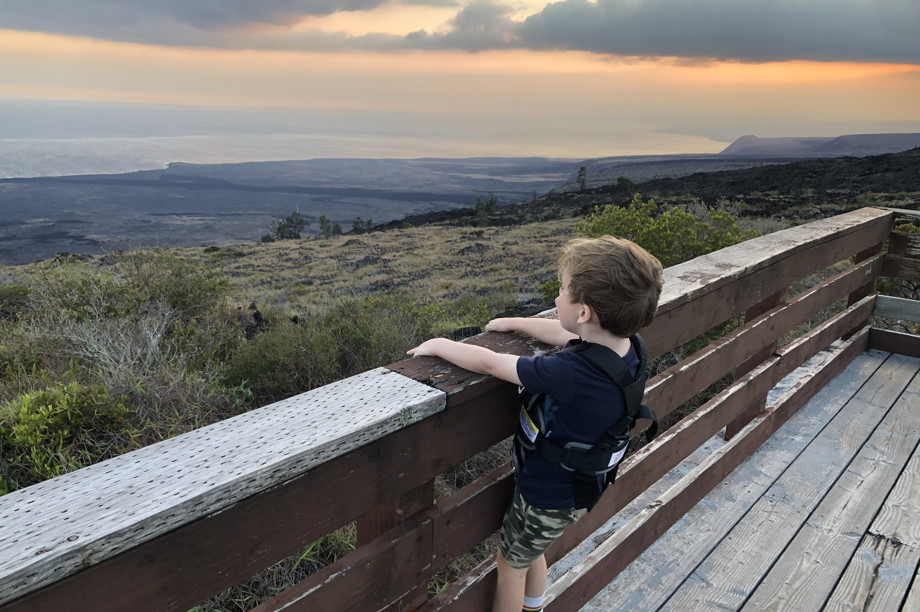
The majestic coastline of Volcanoes National Park. October, 2021. |
The ignored spark
Only one theme in Volcanoes, Palm Trees, and Privilege emerges as genuinely interesting: Prato's broken family. In an early essay, Flying Under Assumed Names, she writes about her teenage years and her parents' divorce. It was fantastic and all too brief.
Later, she treats family members' deaths. These themes appear in wisps and chunks in the middle of the book, and she considers her brother's passing at the end—but at that point, it's too late. A humanizing, semi-engaging pastiche can't rescue the project.
Y.A.W.S.
And what is that project?
From a certain perspective, it's an important one. We need to talk about how tourists, the US government, and corporations have abused Hawaii in countless ways.
Unfortunately, Volcanoes, Palm Trees, and Privilege is not the book to do that.
Creating the ‘okina, therefore, was essential to the process of transcribing spoken Hawaiian. Respect had nothing to do with it.
Prato, a white woman from Portland, acknowledges she will always be "a haole mainlander," but this doesn't stop her from writing almost 300 pages.
The fundamental defect is that she has grafted herself to a cause that isn't hers. As a result, her reflections come off as preachy—because indignation is her only experience. She hasn't been insulted, robbed, ignored, or beaten down beyond exhaustion like the natives who don't give a shit about her sea turtle tattoo.
Volcanoes, Palm Trees, and Privilege is by turns grievance slumming and a feminist example of the White Savior Complex. It's a chore.
Click here to list the 44 Reviews which have already been published.
Recent Posts
Eyewitness Travel: France 4/24/2023
L'Africain du Groenland 8/2/2022
On the Plain of Snakes 5/17/2022
Volcanoes, Palm Trees, and Privilege 3/22/2022
L'axe du loup 2/28/2022
The Art of Travel 12/31/2021
Postcard: Los Angeles 11/5/2021
Afropean 8/6/2021
Roadrunner 7/22/2021
Popular Tags
Archive
Show moreAbout
Recent Tweets
If you toggle the switch above the words "Recent Tweets" and it still says, "Nothing to see here - yet," it means the idiot who broke Twitter either hasn't gotten around to fixing this feature, or intentionally broke it to get us to pay for it (which is moronic, I can easily live without it and it generated traffic to his site).


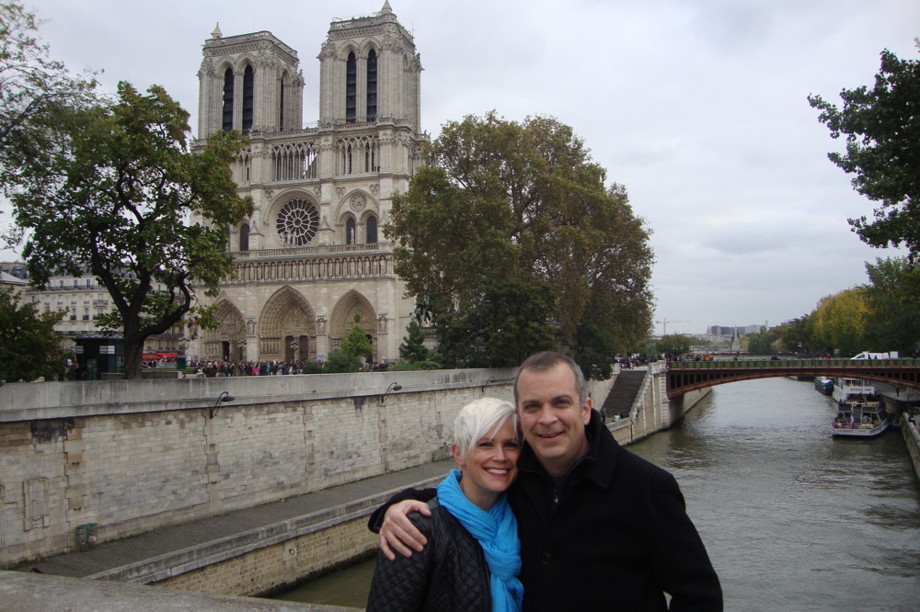

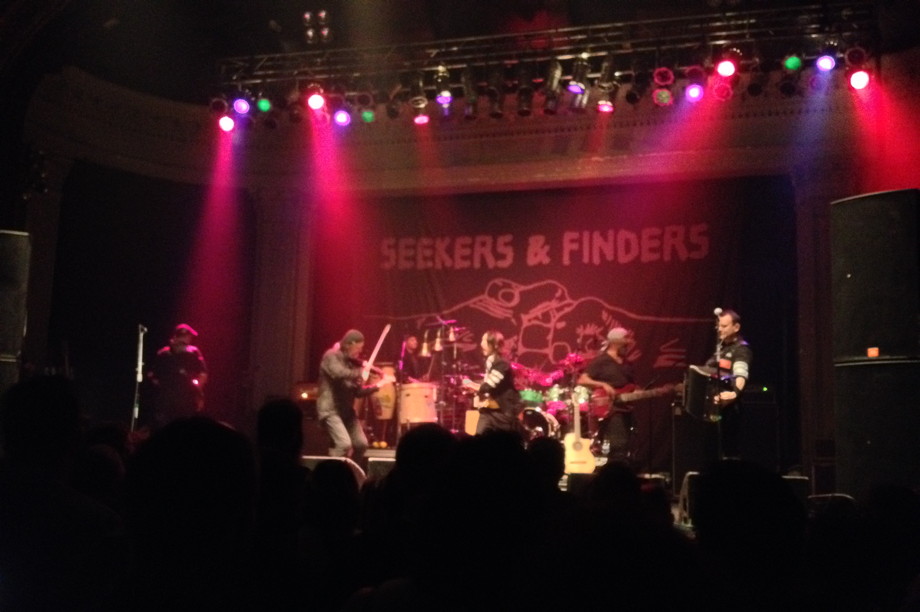
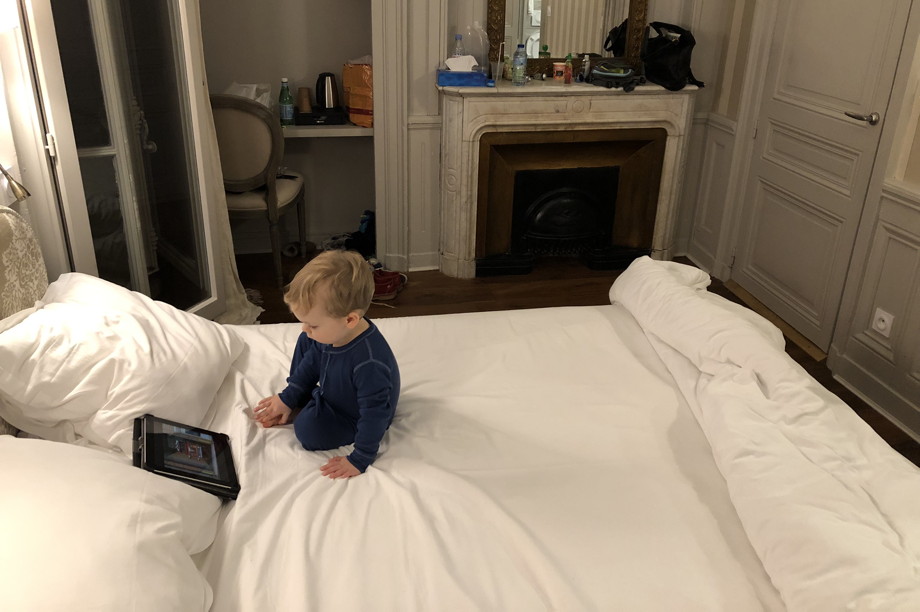
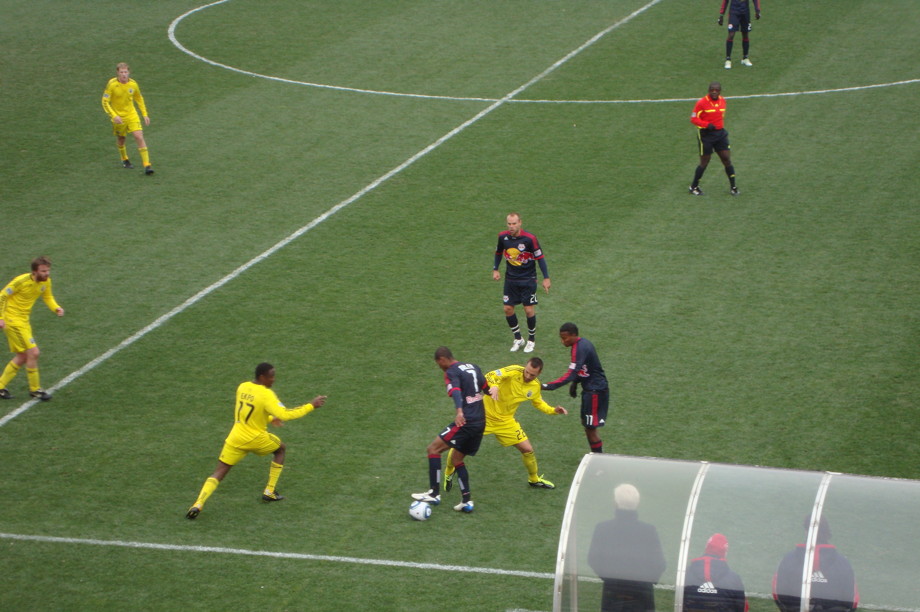

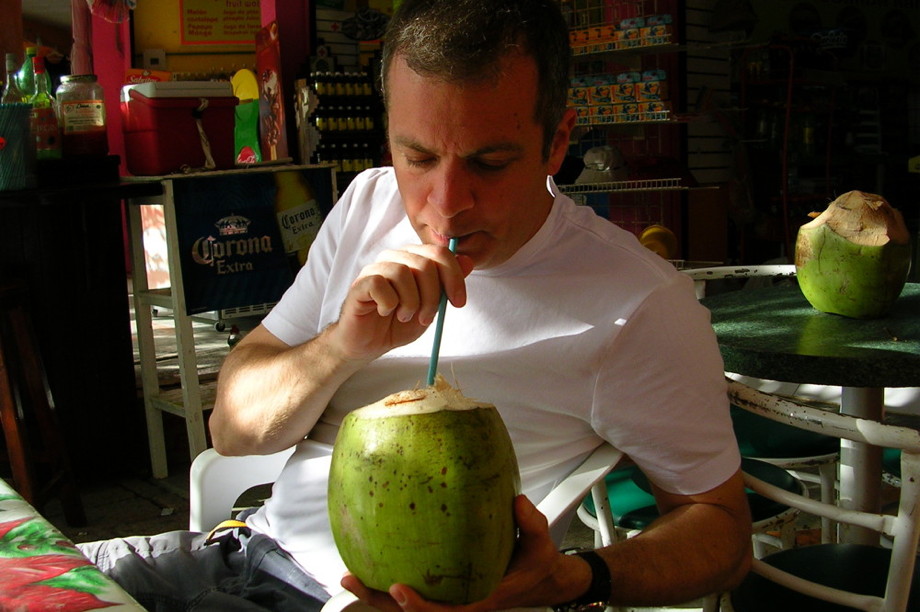
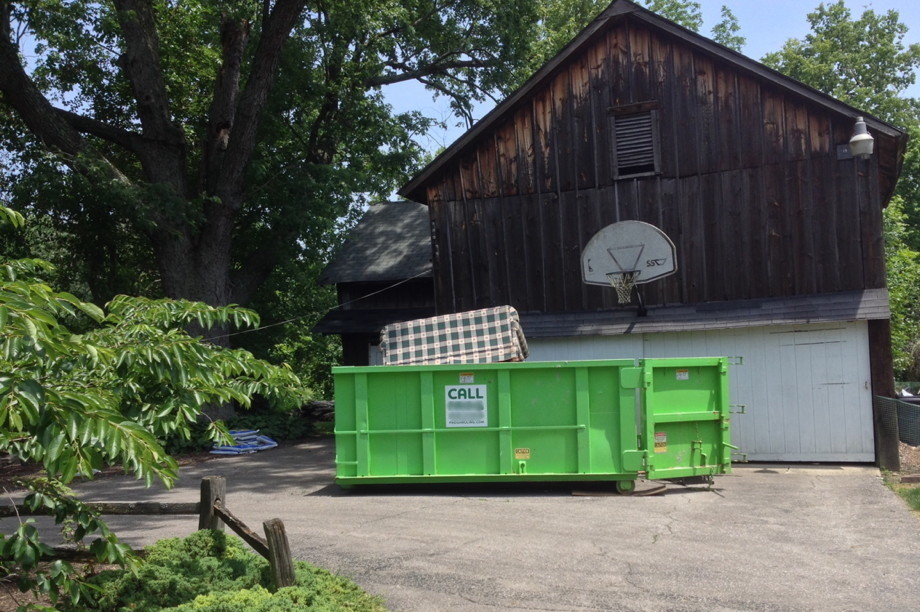

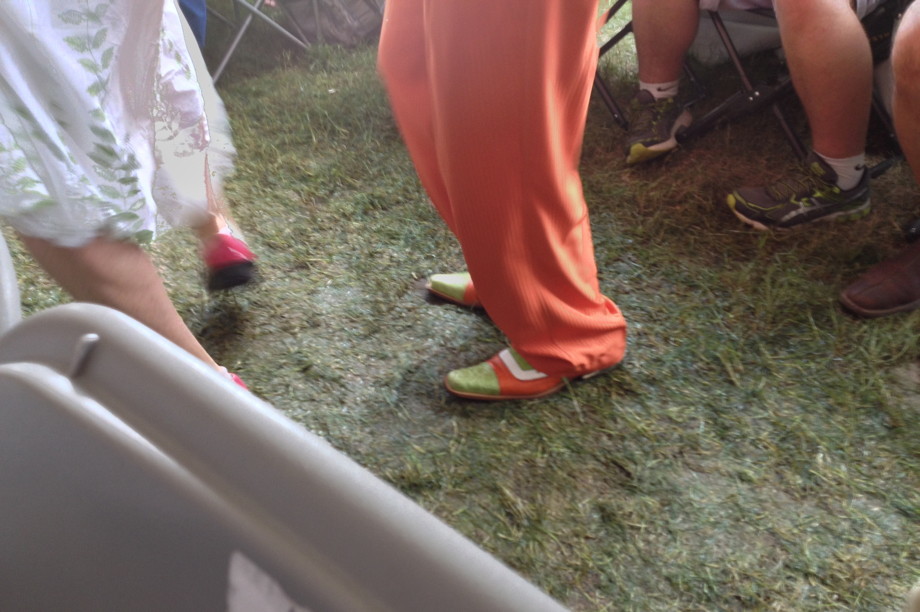
Add a comment
Comments